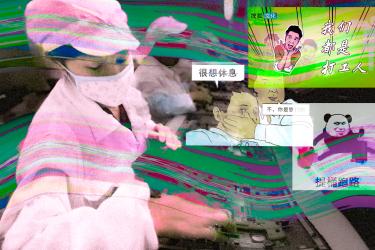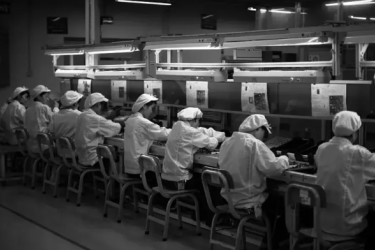Asia
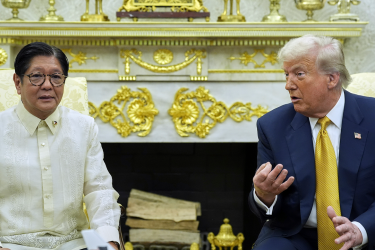
Manila is attempting to trigger an incident with China as a pretext for US imperialism
Rasti Delizo discusses Manila's attempts to trigger incidents that could create a pretext for US intervention against China, and what a left foreign policy for the region might could like.
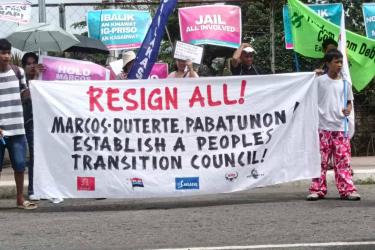
‘Spiralling global contradictions are upending Philippine politics’
Rasti Delizo looks at the impacts of US-China tensions on Philippine politics and the left.
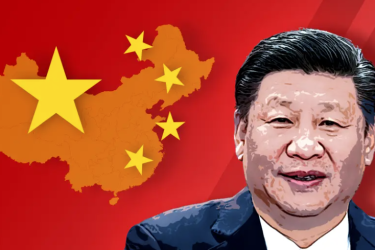
What is left of the Chinese left?
Au Loong-Yu — With Trump in power, many parts of the world are swinging to the far right. But what is the situation of the left in China? And where is the Chinese far right?

Two narratives on the Hong Kong fire
Au Loong-Yu compares the 2025 Wang Fu Court fire with London’s 2017 Grenfell fire to highlight the similarities and differences between Western and Chinese capitalism.

Communist Party of India (Marxist-Leninist) Liberation: On the escalating hostilities in Bangladesh
Communist Party of India (Marxist-Leninist) Liberation — The unprecedented spate of violence in Bangladesh must be halted immediately.

Joint statement: Stop the US military aggression in the Caribbean! Hands off Venezuela!
We are deeply concerned over the recent military escalation in the Caribbean and the aggression against Venezuela by the imperialist US.
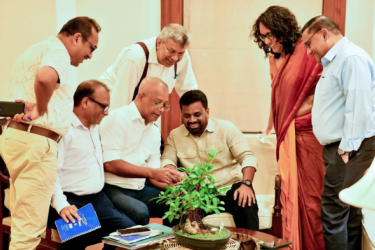
Sri Lanka: One year on, reading the National People’s Power government ‘from below and to the left’
Janaka Biyanwila contextualising the NPP's emergence, its tactical and strategic orientation within representative politics, and what this means for strengthening democratic social movements.
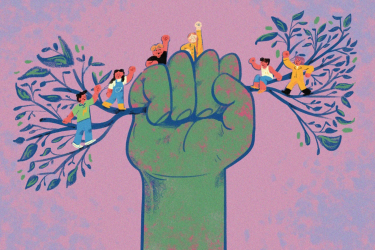
Manifesto for an ecosocialist revolution: Possible consequences in the Philippines
Daniel Tanuro — An emergency plan for social and ecological justice is only possible if it is linked to a fight for the political power.
